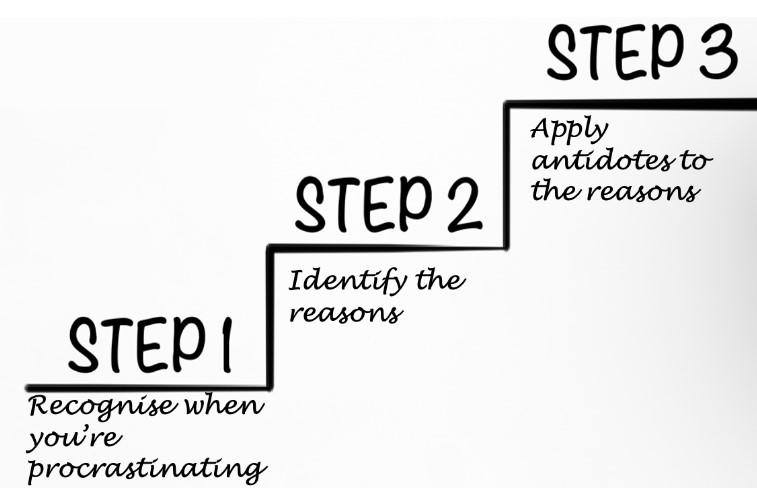
Overcoming procrastination
By Claire Wynn
Posted 7 February 2023
There are many misconceptions about the causes of procrastination, including the belief that people who procrastinate are slacking off. In fact, there are many nuanced reasons why people procrastinate. For example, many of our clients reported that during the early stages of the lockdowns of 2020-21 they found procrastination creeping in. It seems to us that the common culprit for this type of procrastination during the lockdowns was the experience of being in an uncertain and novel situation. Based on a bit of neuroscience and psychology, here’s what we understand about this situation.
As we all experienced, Covid-19 and the subsequent response threw the world into a state of emergency and uncertainty. When we experience uncertainty, especially in the middle of a crisis, our survival brain is triggered to look for threats in that unknown ‘terrain’. Sometimes, rather than ‘stepping out’ into a potentially threatening situation it can be safer to do nothing. This is also known as the freeze response. So, one of the nuanced reasons why people procrastinate is because they are dealing with uncertainty. The risk of making a decision and taking action in that situation feels far greater than doing nothing.
Here are three handy steps for overcoming procrastination:

Step one: Recognise when you’re procrastinating
Here are some helpful indicators:
- Filling your day with low priority tasks from your to-do list
- Reading emails several times without starting work on them or deciding what you’re going to do with them
- Sitting down to start a high-priority task, and almost immediately going off to make a cup of coffee or get something to eat or talk to someone
- Leaving an item on your to-do list for a long time, even though you know it’s important
- Regularly saying yes to unimportant tasks that others ask you to do, and filling your time with these instead of getting on with the important tasks already on your list
- Waiting for the right mood or the right time to tackle the important task at hand
Step two: Identify the underlying causes
Here are some typical reasons:
- You are in a situation which is uncertain or new to you
- You view the task as unpleasant or boring
- You are disorganised
- You feel overwhelmed by the task or may doubt you have the skills or resources you need, so you seek comfort in doing the tasks you feel you are capable of
- You are ‘addicted’ to the adrenaline rush that comes from finishing a task at the last minute
- You are a perfectionist and tend to think that if you don’t have the right skills, information or resources to do the task perfectly now, that it’s best not to attempt it at all
Step three: Apply remedies to the causes
Here are some ways to overcome the reasons above:
- Seek clarity in a novel situation or accept some degree of uncertainty and adapt
- The best way to deal with unpleasant or boring tasks is to get them over and done with quickly – eat that frog! (Check out Eat that Frog by Brian Tracey)
- Prioritise your daily tasks into high, medium and low priorities based on the goals you are trying to achieve in your role
- Break the task down into small chunks and set a timeframe to complete the first small chunk. Just getting started can break the deadlock
- Focus on what’s important and not urgent to alleviate stress and to prevent ending up in crisis mode
- Adjust your standards. Set reasonable standards for yourself and others and learn to be okay with ‘good enough’





Leave a Reply